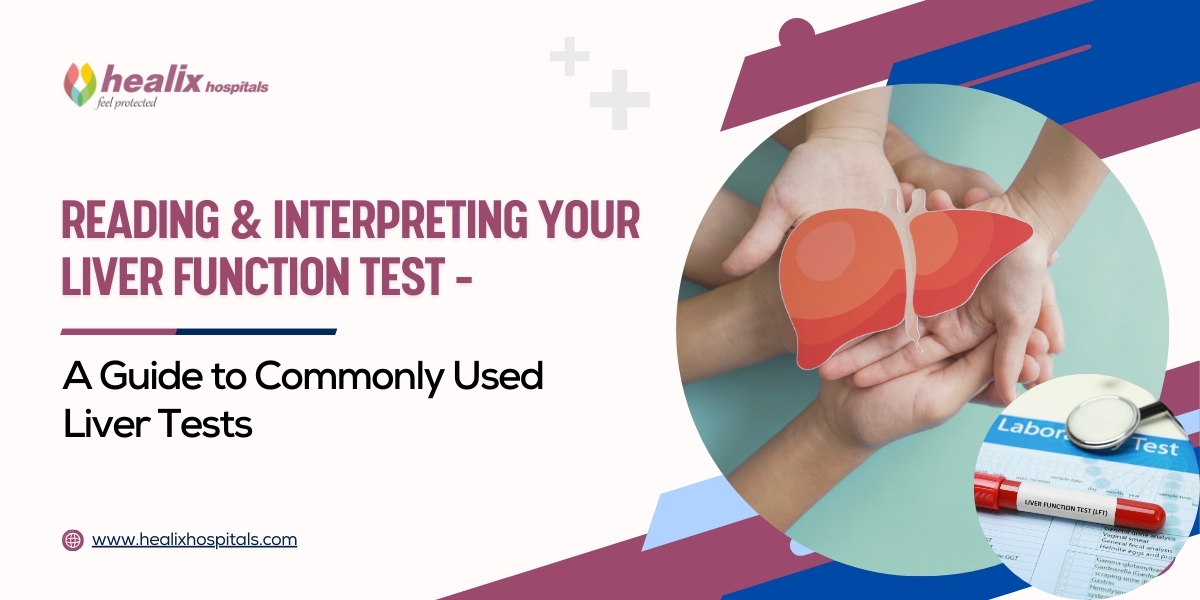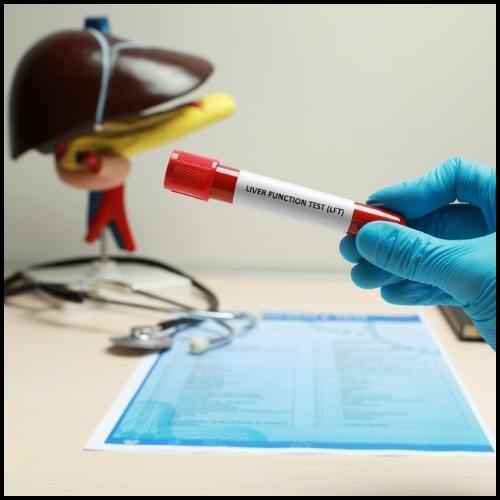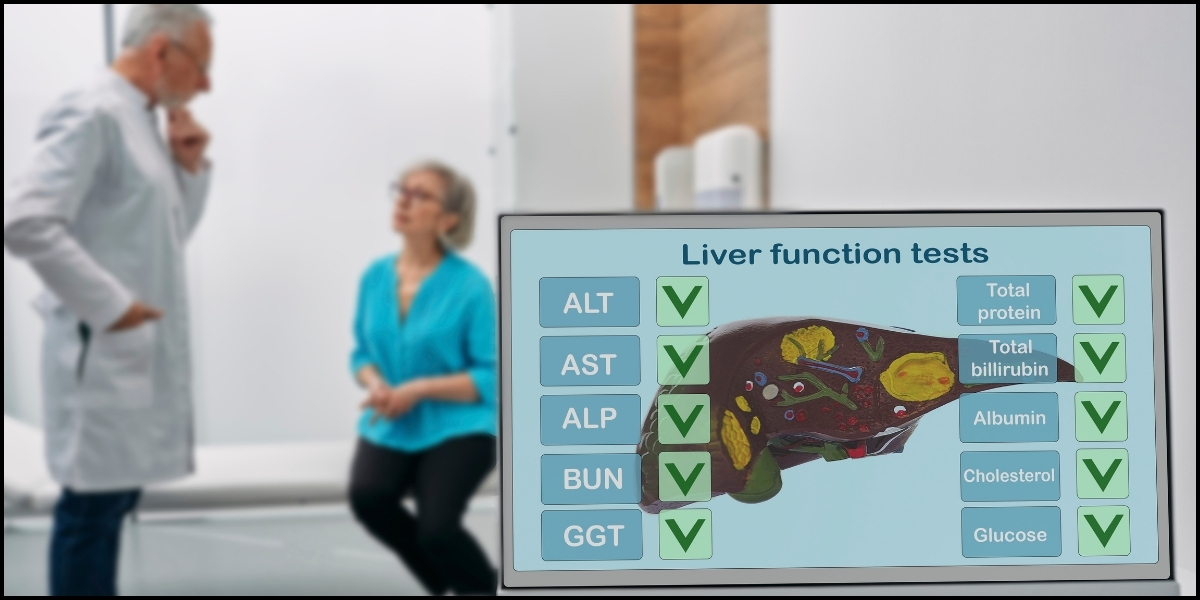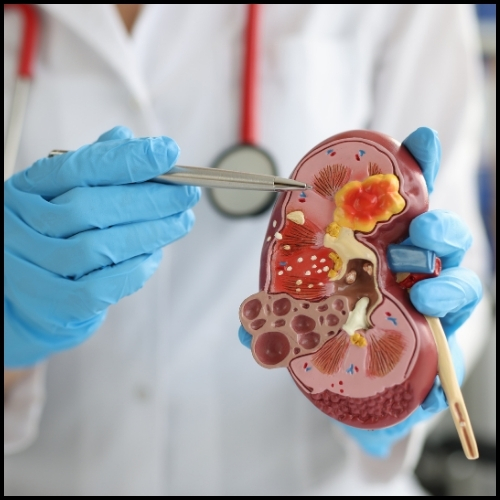

The liver is a vital organ responsible for numerous metabolic functions in the body, including detoxification, protein synthesis, and bile production. Monitoring liver health is crucial for early detection and management of liver diseases. One of the primary tools for assessing liver function is the Liver Function Test (LFT). In this guide, we will delve into the commonly used liver tests, how to interpret the results, and what they indicate about your liver health.
Understanding Liver Function Tests
Liver Function Tests (LFTs) are a group of blood tests that provide valuable insights into the health and function of the liver. These tests measure various enzymes, proteins, and substances in the blood that are indicative of liver health.
Key components of Liver Function Tests
- Alanine Aminotransferase (ALT): Elevated levels suggest liver damage, commonly caused by conditions like hepatitis or fatty liver disease.
- Aspartate Aminotransferase (AST): Similar to ALT, elevated AST levels indicate liver damage but may also be elevated in conditions affecting the heart or muscles.
- Alkaline Phosphatase (ALP): Elevated ALP levels may suggest liver or bone disease.
- Total Bilirubin: Increased levels may indicate liver dysfunction or obstruction of bile ducts.
- Albumin and Total Protein: These are measures of liver synthetic function; decreased levels may suggest liver disease.

What are the causes of abnormal liver function test results?
Causes of abnormal liver function test results can vary and may indicate different underlying conditions. Some common causes include:
1. Build-up of Fat in the Liver:
* Non-alcoholic fatty liver disease (NAFLD) can lead to abnormal liver function tests, especially in overweight or obese individuals.
2. Liver Inflammation and Damage:
* Infections, toxic substances like alcohol or certain medications, and immune conditions can cause liver inflammation and subsequent abnormal test results.
3. Liver Overworking:
* When the liver is under stress from processing medicines or toxic substances like alcohol or paracetamol, it can result in abnormal liver function tests.
4. Bile Duct Blockage:
* Blockages in the bile ducts, such as by gallstones, can lead to abnormal liver function test results.
5. Liver Conditions and Diseases:
* Underlying conditions like Wilson's disease, haemochromatosis, or Gilbert's syndrome can affect liver function and result in abnormal test values.
6. Liver Injury:
* Physical injury to the liver, trauma, or presence of abscesses or tumors within the liver can cause abnormal liver function tests.
7. Medications and Supplements:
* Certain medications, over-the-counter drugs, herbal remedies, and traditional medicines can also impact liver function test results.
8. Other Factors:
* Factors like high alcohol intake, viral infections, autoimmune conditions, metabolic liver diseases, heart problems, and tumors in the liver can contribute to abnormal liver function tests.

Interpreting Liver Function Test Results
Interpreting LFT results involves understanding the reference ranges for each component and recognizing patterns of abnormalities that may indicate specific liver conditions.
Interpretation of Liver Function Test Results
| Test | Normal Range | Elevated Levels Indicate |
| ALT | 7-56 U/L | Liver damage |
| AST | 5-40 U/L | Liver damage, heart or muscle conditions |
| ALP | 44-147 U/L | Liver or bone disease |
| Total Bilirubin | 0.1-1.2 mg/dL | Liver dysfunction, bile duct obstruction |
| Albumin | 3.5-5.0 g/dL | Liver synthetic function |
| Total Protein | 6.0-8.3 g/dL | Liver synthetic function |
Common Liver Conditions and LFT Pattern
Different liver conditions exhibit characteristic patterns of abnormalities in LFT results. Understanding these patterns can aid in diagnosing and managing liver diseases effectively.
Common Liver Conditions and Associated LFT Patterns:
- Hepatitis: Elevated ALT and AST levels, with or without elevated bilirubin.
- Liver Cirrhosis: Decreased albumin and total protein levels, along with elevated bilirubin and alkaline phosphatase.
- Fatty Liver Disease: Elevated ALT and AST levels, often with normal ALP and bilirubin levels.
- Biliary Obstruction: Elevated ALP and bilirubin levels, with or without elevated AST.
Regular monitoring of liver function through LFTs is essential for individuals at risk of liver disease, such as those with a history of alcohol abuse, obesity, viral hepatitis, or family history of liver disease. However, LFT results should always be interpreted in conjunction with clinical findings and other diagnostic tests for accurate diagnosis and management.
What are the long-term effects of liver disease?
The long-term effects of liver disease can be severe and may include:
1. Cirrhosis:
* Cirrhosis is a common long-term consequence of liver disease where scar tissue replaces healthy liver tissue, leading to liver dysfunction and potentially liver failure. Causes of cirrhosis include hepatitis, alcohol abuse, nonalcoholic fatty liver disease, autoimmune disorders, blocked bile ducts, certain medications, toxic chemical exposure, heart failure, and inherited diseases like hemochromatosis or Wilson disease.
2. Liver Failure:
* As liver disease progresses, it can result in liver failure where the liver stops functioning properly. Liver failure can have serious implications for overall health and may necessitate a liver transplant for survival.
3. Portal Hypertension:
* Liver disease can lead to portal hypertension, a condition where increased pressure in the portal vein causes complications like enlarged blood vessels in the stomach (portal gastropathy), varices that can rupture and cause severe bleeding, and ascites (fluid buildup in the abdomen).
4. Kidney Disease:
* Liver disease can also impact kidney function, leading to kidney disease or even kidney failure as a complication of advanced liver conditions like cirrhosis.

5. Coagulation Disorders:
* Liver disease can affect the production of proteins necessary for blood clotting, resulting in easy bruising and severe bleeding tendencies.
6. Type 2 Diabetes:
* Cirrhosis can lead to insulin resistance and impaired glucose metabolism, contributing to the development of type 2 diabetes as a long-term effect of liver disease.
7. Liver Cancer:
* Chronic liver disease increases the risk of developing liver cancer over time. Conditions like cirrhosis and chronic viral hepatitis are significant risk factors for the development of liver cancer.
Healix Hospitals Offerings
When it comes to liver health and management of liver diseases, Healix Hospitals provide comprehensive services and state-of-the-art facilities. Here are some offerings specific to liver care:
- Liver Function Testing: Healix Hospitals offer advanced liver function testing to accurately assess liver health and diagnose liver diseases.
- Hepatology Department: With a dedicated hepatology department, Healix Hospitals provide specialized care for liver diseases, including hepatitis, fatty liver disease, cirrhosis, and liver cancer.
- Liver Transplantation: For patients with end-stage liver disease, Healix Hospitals offer liver transplantation services, including pre-transplant evaluation, surgery, and post-transplant care.
- Nutritional Counseling: Healix Hospitals provide personalized nutritional counseling for patients with liver disease to optimize their diet and manage their condition effectively.
With a multidisciplinary approach and a team of experienced hepatologists, surgeons, and nurses, Healix Hospitals ensure the highest quality of care for patients with liver diseases, promoting better outcomes and improved quality of life.
Conclusion
Understanding the basics of liver function tests and how to interpret their results can empower individuals to take proactive steps towards liver health. Consultation with a healthcare professional is recommended for proper evaluation and management based on LFT findings.
Remember, a healthy liver is vital for overall well-being, so prioritize liver health through a balanced diet, regular exercise, and avoidance of harmful substances. Your liver will thank you for it!
Also Read: The Importance of Regular Gynecological Check Ups For Women's Health – Healix Hospitals